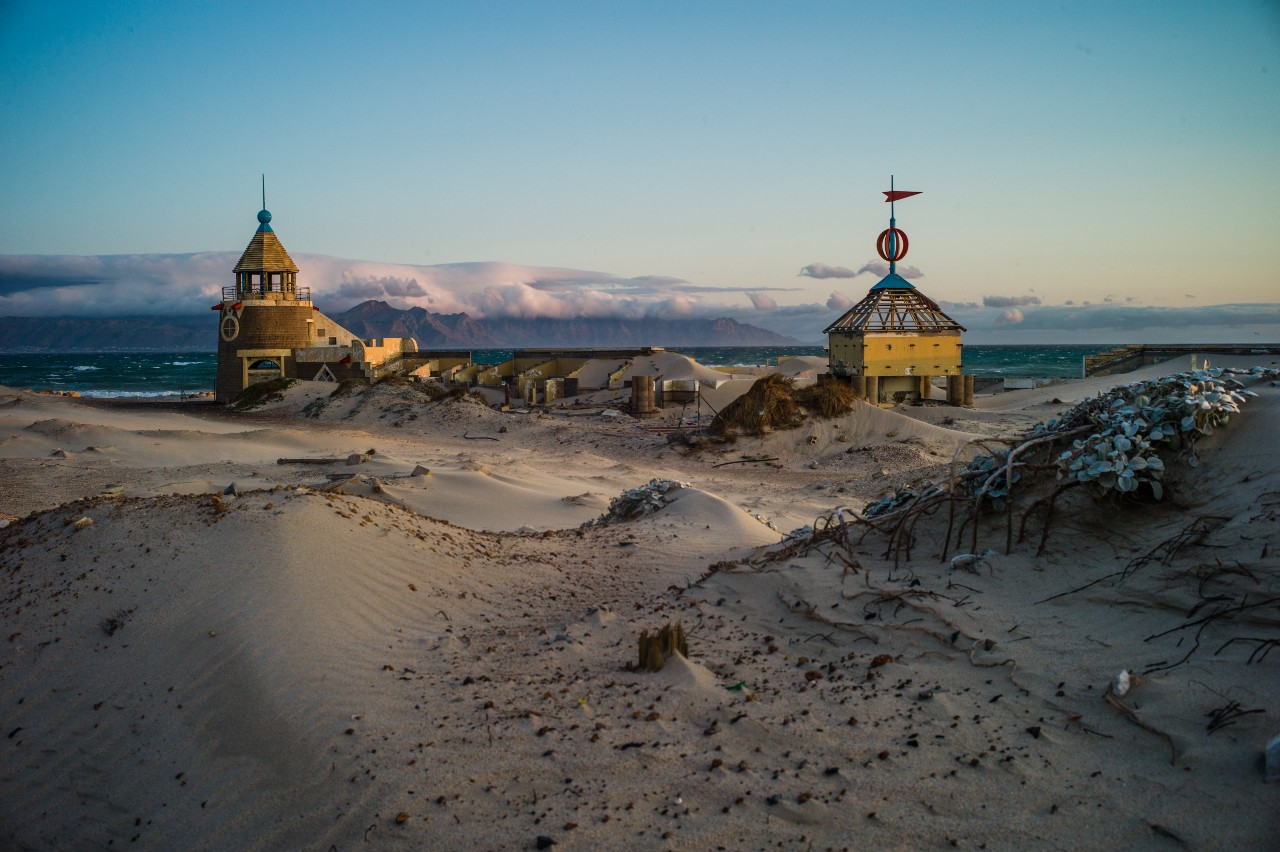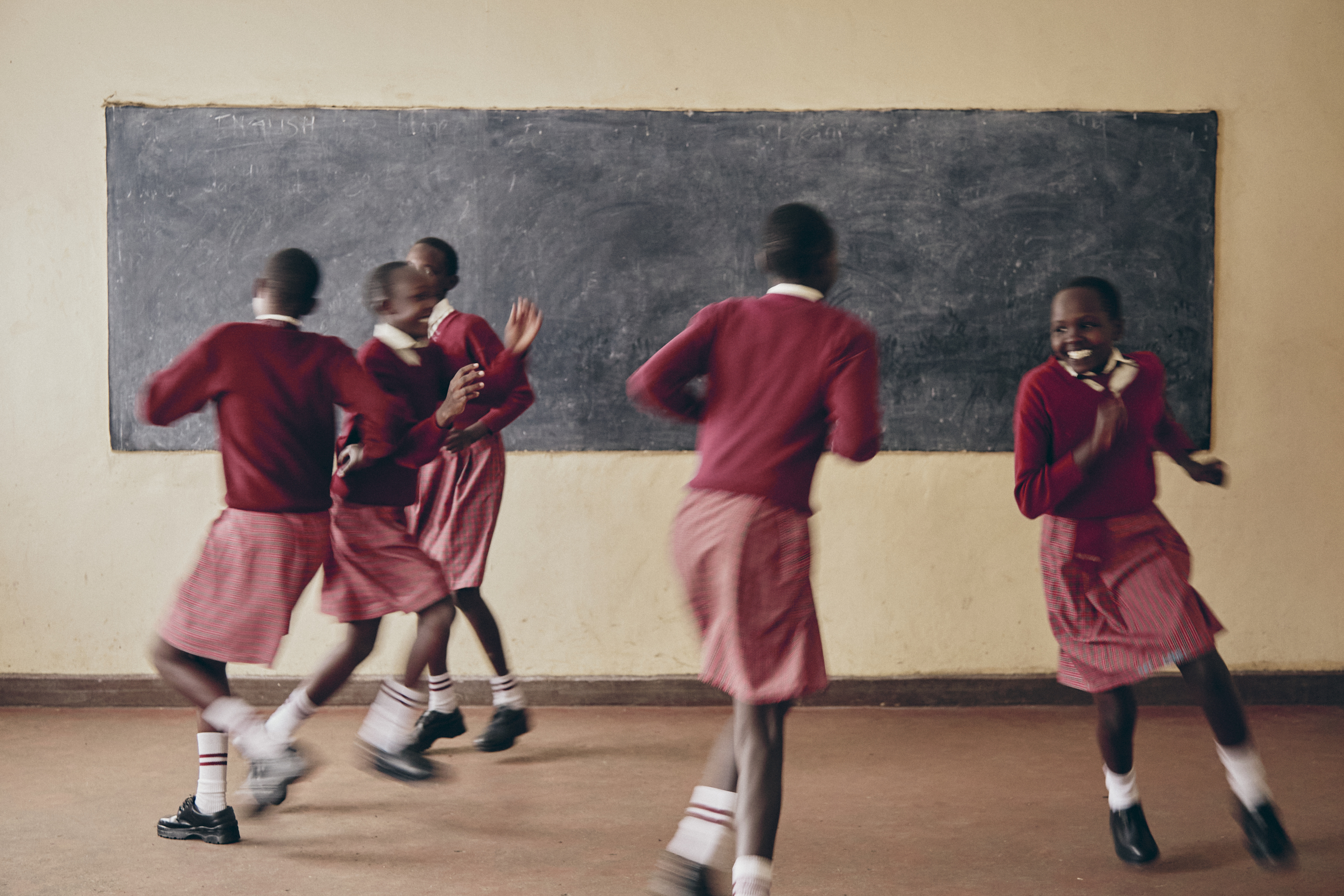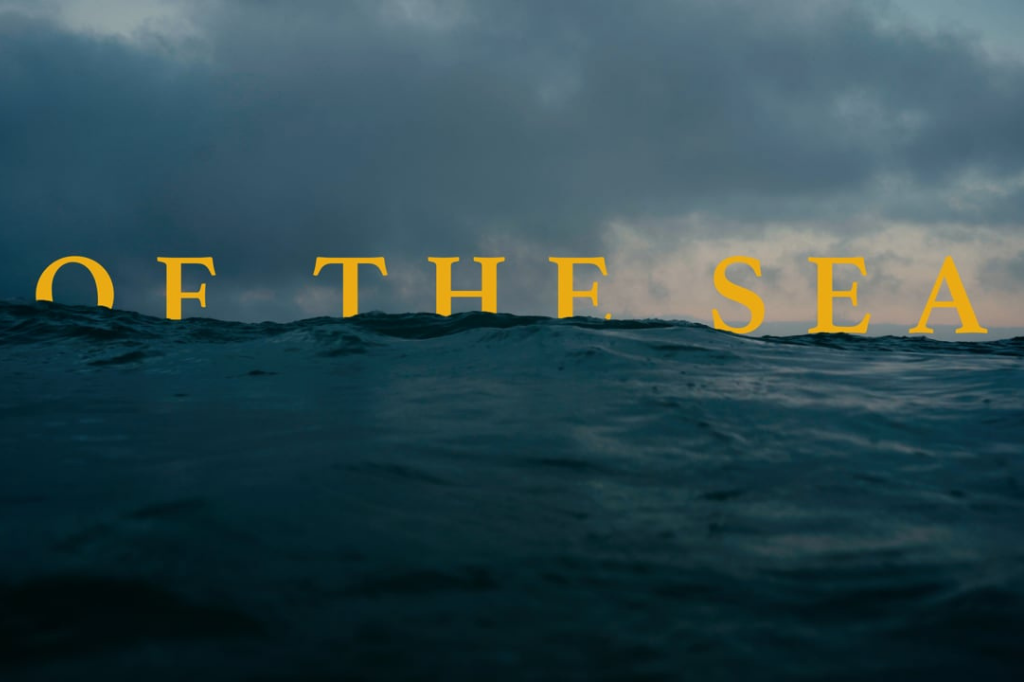Jodi Windvogel is a visionary storyteller whose lens captures the essence of the human experience in its rawest form. Through her social documentary photography, Windvogel transports us to the heart of diverse communities, shedding light on untold narratives and amplifying voices often overlooked by mainstream media. Join us as we delve into the creative journey of this remarkable artist, exploring the inspiration behind her work, the challenges she faces, and the impact she hopes to make in the world.

What initially drew you to documentary photography, and how did you begin your journey in this field?
My journey into documentary photography began with a deep-seated desire to tell stories. Growing up, I wasn’t exposed to photography or any art forms, but I always felt a pull towards narrative expression. It took me some time to find my path, but upon applying to the photography course at CPUT, I was introduced to various forms of photography, and documentary work resonated with me the most.
Initially, I started with street photography, but soon I felt the urge to delve deeper into storytelling, conduct more extensive research, and capture the intricacies of human experiences. This evolution naturally led me towards documentary photography.
My upbringing in South Africa, with its complex history and the enduring legacy of apartheid, provided a poignant backdrop for my work. I found it fitting to focus on issues deeply rooted in our society, exploring how we as humans are impacted and shaped by the world around us.
My keen observational skills and innate curiosity drive me to uncover the stories that often go untold, shedding light on social injustices and advocating for change. Through my lens, I aim to document the present, preserve our collective memory, and inspire conversations that lead to positive social transformation.
What motivated you to enter the Fujifilm GFX Global Grant Awards?
The Fujifilm GFX Global Grant Awards presented an incredible opportunity for me to kickstart my project off the ground. Everything it offered aligned perfectly with what I needed to bring my vision to life.

How does it feel to be chosen as a recipient of the 2023 GFX Global Grant Award?
Being chosen as a recipient of the 2023 GFX Global Grant Award is an absolute dream come true for me. After applying for grants diligently over the past four years without success, this achievement feels incredibly validating. Winning this grant will provide crucial support for my project and offer a platform to raise awareness about femicide in South Africa on a global scale. It’s an honor and a privilege to have this opportunity to amplify the voices of those affected by this pressing issue, and I’m deeply grateful for the recognition and support from Fujifilm.
Please tell us about your “The Body At Risk” project. What is it about? What motivated you to explore this subject? Was there anything that surprised you?
“The Body at Risk” is a project that delves deep into the pervasive issue of gender-based violence in South Africa. It all began with a stark realisation of the alarming statistics revealing the widespread occurrence of physical and sexual violence, particularly affecting women. Motivated by these disheartening numbers and the stories they represent, I embarked on a journey to explore and document the hidden aftermath and concealed narratives left behind.
The heart-wrenching reality is that at least one in four women in South Africa experiences such violence in their lifetime, with rape being tragically prevalent. Through my project, I aim to shine a spotlight on these dark corners, capturing the essence of the psychological weight and vulnerability experienced by women in this country.
One of the most surprising aspects of this exploration has been the stark realisation of the minimal level of security and safety measures in place. It’s disheartening to witness the lack of infrastructure and support systems available to protect women from harm. This revelation has only fueled my determination to raise awareness through my photography, hoping to provoke meaningful conversations and inspire action towards creating a safer environment for all.

What sorts of subject matter do you prefer to explore?
As a social documentary photographer, I prefer to explore subject matter that delves into issues of land displacement, memory, gender, and social injustices. These topics resonate deeply with me because they reflect the complexities and injustices present in society, and they offer an opportunity to raise awareness and advocate for change.
However, I approach these subjects with a sensitive and conscientious mindset, understanding the potential trauma and sensitivities involved. I aim to engage with my subjects in respectful, non-intrusive, and empathetic ways. This often involves building trust and rapport with the individuals and communities I photograph, allowing them to share their stories on their own terms.
In my practice, I strive to capture the nuances of these issues while highlighting the resilience, strength, and humanity of those affected. By focusing on the human aspect of these social issues, I aim to foster empathy and understanding among viewers, encouraging them to reflect on their own roles in addressing systemic injustices.
Overall, my goal as a social documentary photographer is to create thought-provoking images that spark dialogue, challenge perceptions, and ultimately contribute to positive social change, all while being mindful of the ethical considerations involved.

How do you approach your subjects and build trust, especially in sensitive or challenging environments?
Approaching subjects and building trust, particularly in sensitive or challenging environments, requires a delicate balance of empathy, respect, and authenticity. When engaging with people or communities, I prioritise establishing a genuine connection before introducing my camera.
One of my key approaches is to initially interact with individuals or communities without my camera present. This allows me to engage with them on a personal level, fostering conversations and building rapport based on mutual respect and understanding. By taking the time to listen to their stories, concerns, and experiences, I demonstrate my genuine interest in their lives and perspectives. Crucially, I believe in the importance of reciprocity in building trust. This means being open and transparent about myself and sharing personal experiences and insights to create a sense of mutual vulnerability and connection. I find that when I am willing to share aspects of my own life, it helps to break down barriers and encourages others to do the same, fostering a collaborative atmosphere.
Moreover, I approach each interaction with humility and a willingness to learn from the people I photograph. I recognise that they are the experts of their own experiences and strive to honor their narratives with integrity and dignity. By prioritising genuine human connection, mutual respect, and reciprocity, I aim to build trust with my subjects in sensitive or challenging environments, ultimately allowing for more authentic and meaningful storytelling.
In your opinion, what is the role of a documentary photographer in today’s society, and how do you see it evolving?
In my opinion, the role of a documentary photographer in today’s society is multifaceted and significant. At its core, it involves bearing witness to the world and capturing the human experience with integrity, empathy, and authenticity. Documentary photographers have a responsibility to tell stories that represent diverse perspectives, shed light on important issues, and highlight the essence of what it means to be human. One crucial aspect of this role is to uphold the principles of representation and truth. Documentary photographers must strive to accurately portray the realities they encounter, giving voice to those whose stories may otherwise go unheard. This commitment to truth-telling helps to foster understanding, empathy, and connection across different communities and cultures.
Moreover, documentary photographers play a vital role in advocating for change and social justice. Through their images, they have the power to challenge stereotypes, confront injustice, and inspire action. By shining a light on pressing issues such as poverty, inequality, environmental degradation, and human rights violations, documentary photographers can spark dialogue, raise awareness, and mobilise individuals and communities to work toward positive change. Looking ahead, I believe the role of documentary photographers will continue to evolve in response to societal shifts, technological advancements, and changing media landscapes. As visual storytellers, they will increasingly harness new tools and platforms to reach wider audiences and engage with pressing issues in innovative ways. Additionally, there will be a growing emphasis on ethical storytelling practices, with documentary photographers prioritising collaboration, consent, and cultural sensitivity in their work.
Overall, the role of documentary photographers in today’s society is vital and dynamic, serving as both witnesses to history and agents of change. By upholding principles of integrity, representation, and advocacy, they have the potential to make a lasting impact on the world and inspire meaningful dialogue and action.

How do you navigate the ethical considerations and responsibilities that come with documenting real-life events and people?
Navigating ethical considerations and responsibilities in documentary photography is paramount, and collaboration is indeed key. Central to this approach is respecting the autonomy and agency of the individuals and communities being photographed.
First and foremost, it’s essential to establish open and transparent communication with subjects. This involves explaining the purpose and intent of the project, as well as discussing how their images will be used and shared. Providing subjects with a clear understanding of the process helps to empower them and ensures informed consent.
Throughout the documentation process, I prioritise building trusting relationships with subjects based on mutual respect and understanding. This means actively listening to their perspectives, concerns, and preferences and incorporating their feedback into the storytelling process. Collaboration allows for a more nuanced and authentic portrayal of their experiences.
Additionally, I adhere to ethical guidelines that prioritise the dignity and privacy of subjects. This includes obtaining permission before taking photographs in sensitive or private settings, respecting cultural norms and traditions, and refraining from exploiting vulnerable individuals for the sake of sensationalism.
Furthermore, I carefully consider the potential impact of my images on subjects and their communities. This involves weighing the benefits of raising awareness and advocating for change against the risks of re-traumatisation or harm. Whenever possible, I strive to highlight the resilience and agency of individuals rather than perpetuating stereotypes or victimising narratives.
Ultimately, navigating ethical considerations in documentary photography requires ongoing reflection, humility, and a commitment to integrity. By prioritsing collaboration, consent, and respect for subjects’ autonomy, I aim to uphold the ethical responsibilities inherent in documenting real-life events and people.

Could you discuss a particular photograph you’ve taken that has stayed with you or significantly affected you? What is the story behind it?
The photograph that has stayed with me the most from my current project, “The Body at Risk,” is one taken outside the post office in Claremont. This seemingly mundane public space holds a haunting significance, as it was the very place where a young woman named Uyinene was brutally raped and murdered by one of the employees.
The juxtaposition of the everyday function of the post office—where people come to collect parcels, send mail, and go about their daily routines—with the horrific act of violence that occurred there is deeply unsettling. It serves as a stark reminder that danger can lurk in the most unexpected places, even in spaces meant to be safe and familiar.
How do you balance your artistic vision with the authentic representation of your subject’s story?
Balancing my artistic vision with the authentic representation of my subjects’ stories is a delicate process that requires empathy, sensitivity, and ethical consideration. One of the key ways I achieve this balance is by staying true to my own personal connection to the subject matter.
When I photograph things that are personal to me and close to my heart, I inherently bring a sense of authenticity and emotional depth to my work. My artistic vision is informed by my own lived experiences, values, and beliefs, which allows me to approach each project with a deep sense of purpose and conviction.
At the same time, I remain acutely aware of the responsibility I have as a documentary photographer to accurately represent the stories and experiences of my subjects. This means approaching each project with an open mind and a willingness to listen, learn, and engage with the communities and individuals I photograph.
I strive to create images that not only reflect my artistic vision but also honour the dignity, humanity, and lived realities of my subjects. This often involves building trusting relationships, seeking consent, and collaborating with my subjects to ensure their voices are heard and their stories authentically portrayed.
Ultimately, the balance between artistic vision and authentic representation is a continuous journey of self-reflection, growth, and ethical practice. By staying true to my personal connection to the subject matter and prioritising the voices and experiences of those I photograph, I aim to create meaningful and impactful work that resonates with both myself and my audience.

What challenges have you faced in the field of documentary photography, and how have you overcome them?
I have learned to make do with what I have and to be resourceful in utilising available tools and techniques. Instead of focusing solely on technical perfection, I prioritise creativity and adaptability, using natural light and composition to convey the essence of my subjects and stories. Another challenge I have faced is the issue of being taken seriously as a woman in the industry. In some instances, I have encountered skepticism or discrimination based on my gender. However, I refuse to let this deter me from pursuing my passion and sharing important stories. I firmly believe in the power of integrity and authenticity in storytelling. By sticking to my truth and focusing on the stories that are important to me, I have been able to earn respect and recognition for my work, regardless of gender stereotypes or biases.
What about the Fujifilm brand and their gear appeals to you the most?
Fujifilm cameras are renowned for their compact size and discreet design. This is incredibly important for me as a documentary photographer, as it enables me to blend into the background and capture candid moments without being intrusive. The compact nature of Fujifilm cameras allows me to be more agile and mobile, enabling me to navigate through various environments and capture authentic moments as they unfold.

What camera and gear do you currently shoot with?
The Fujifilm Xpro 3, X100V, and the Fuji GFX 100 II
What advice would you give aspiring photographers who would like to follow in your footsteps?
Embrace your unique perspective and personal experiences as they shape your artistic vision; authenticity is key. Practice diligently, continuously honing your craft, and remaining open to learning new techniques and exploring diverse genres. Cultivate relationships within the photography community, seeking mentorship and collaboration opportunities. Be patient and persistent, understanding that success in photography takes time and dedication. Remember, there is power in telling your own story, so stay true to yourself, your vision, and your passion, and with perseverance, you can carve out your own path in the world of photography.









